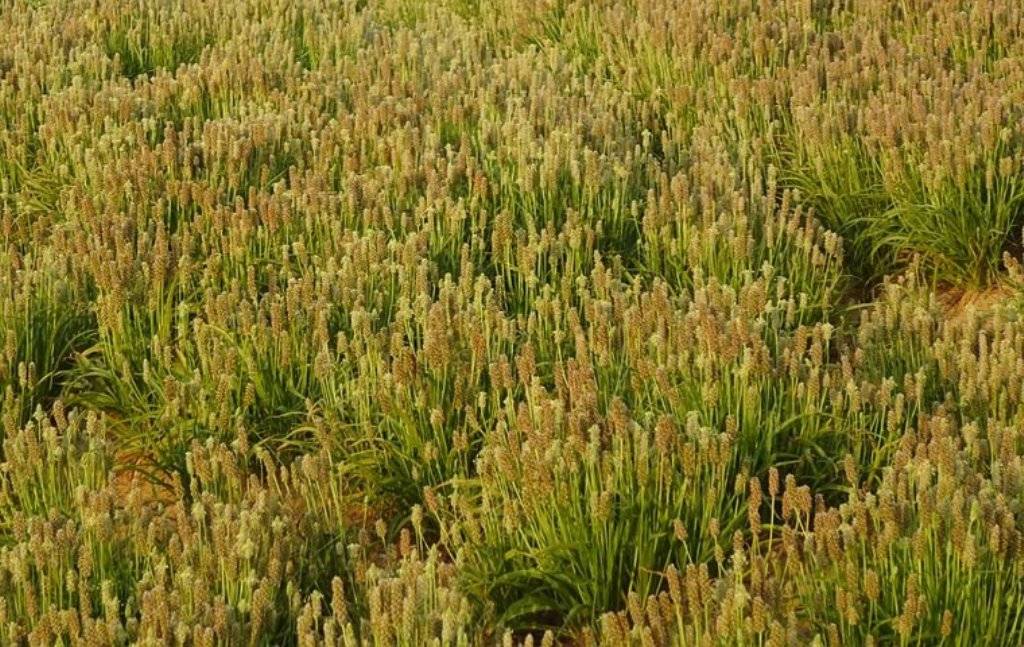
Instead of conventional farming, farmers are now growing lucrative cash crops. A medicinal plant has emerged as a superior choice in this regard. There are several medicinal plants including Isabgol, also called Psyllium husk is grown in India, and exported to different nations.
Every year, our country exports isabgol worth Rs.120 crores. Iran, Iraq, the United Arab Emirates, India, and the Philippines are the world's leading producing countries. Isabgol is widely grown in Gujarat, Punjab, Haryana, Uttar Pradesh, Chhattisgarh, and Madhya Pradesh in India.
Isabgol is grown during the Rabi season, which starts from October to November, and the harvest is ready by March. Its plants grow slowly, thus weeding should be done by hand. One bigha produces four quintals. At the moment, one quintal costs 10,000 rupees.
One hectare of Isabgol yields around 15 quintals of seeds. Apart from that, the price of Isabgol rises in the winter, increasing revenue. There is more advantage if the Isabgol seeds are processed.
After processing, approximately 30% of the husk from the seeds of Isabgol is extracted, and this is considered the most costly component of Isabgol. Other products like cakes and pellets remain after removing the husk from the cultivation of Isabgol which are sold at around one and a half lakh rupees.
The husk contains several therapeutic qualities
Actually, its husk has many medicinal qualities that are quite beneficial for health. Isabgol has a significant quantity of fiber. There is virtually no fat or cholesterol in it. Isabgol can be consumed by people of all ages.
Isabgol acts as a bulk-forming natural laxative because it contains both soluble and insoluble fibre, which adds bulk to stools and relieves constipation.
When soaked in water, the gelatinous material in Isabgol creates a gel, and the gel's laxative abilities absorb germs and toxic poisons in the intestine. It improves lubrication within the stomach wall, which benefits in the treatment of constipation.









